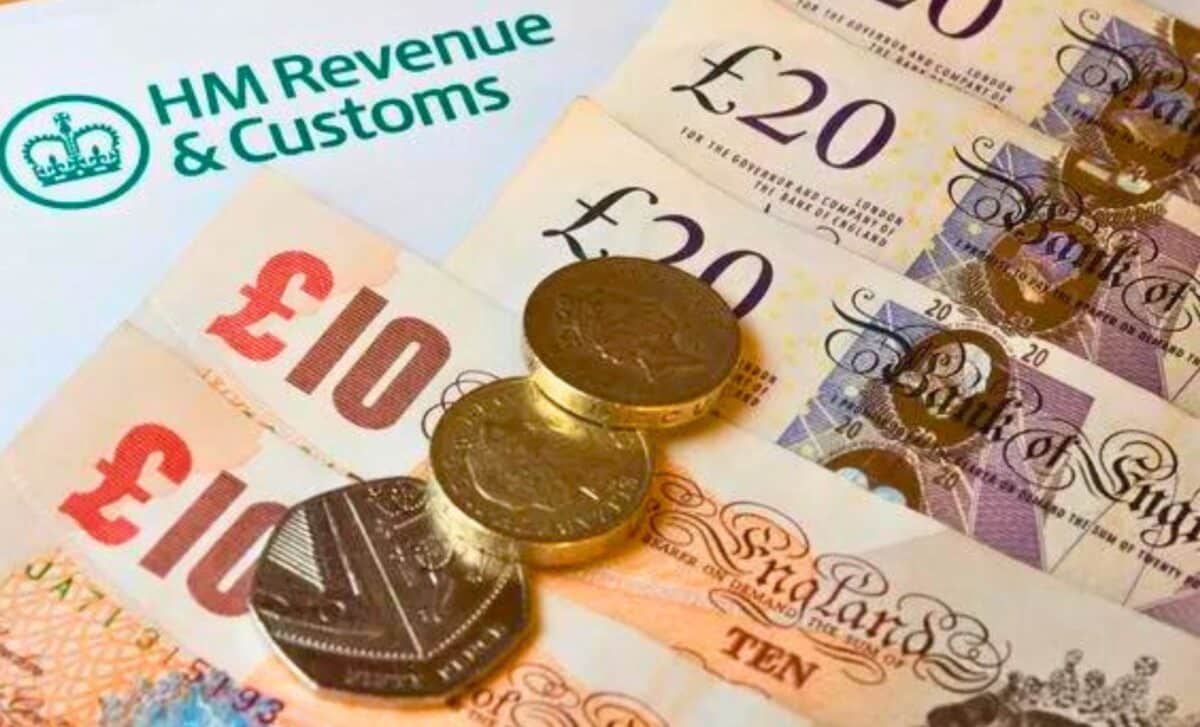Following two National Insurance cuts earlier this year— one in February and another in April— totaling an average of £900 altogether, Rishi Sunak has committed to providing an additional average boost of £450 to households this year through HMRC, aiming to regain voter support.
Impact of Tax Codes on HMRC’s Refund Amounts
Prime Minister Rishi Sunak has declared that the HMRC adjustment introduced in the Government’s Spring Budget will officially commence from Tuesday. Consequently, employees on the average HMRC tax code will begin receiving a second boost this year, resulting in an average return of £900 to their payslips.
The exact refund amount varies based on individual tax circumstances, but those with specific tax codes on their payslip will receive up to the maximum possible refund, depending on their income.
For instance, if your earnings align with the UK average salary, your tax code would likely be 1257L. Having this code ensures that you’ll receive the additional funds in your payslip, with a minimum of £200 and an average of £450.
National Insurance Reductions and Eligibility Criteria
The reduction in National Insurance contributions, from 10 percent to 8 percent following a previous cut from 12 percent to 10 percent in January, is part of Rishi Sunak’s plan. He aims to further reduce it from 8 to 6 percent, ultimately aiming to eliminate the tax entirely in the future.
Notably, National Insurance is applicable only to earnings falling between the personal allowance of £12,570 and £50,270. Therefore, individuals earning beyond this threshold will still benefit from the reduction but won’t receive more than those earning £50,270.
If your payslip displays the code NT, you won’t receive any additional funds from National Insurance cuts because you haven’t reached the £12,570 threshold yet and are not subject to income tax to receive tax refunds.
Regarding the earlier National Insurance reductions, UK Government guidance elaborated: “As a result of this measure, an average employee on £35,400 will receive a tax cut of over £450 per year from April 2024. An average self-employed person on £28,000 will see a tax cut of £310 a year and over 2 million individuals will benefit. Actual impacts for individual taxpayers will vary according to individual circumstances.”
It’s worth noting that the £450 pledge is part of the Conservative manifesto for the election but has not been confirmed yet, and no timeline has been provided for its implementation.









